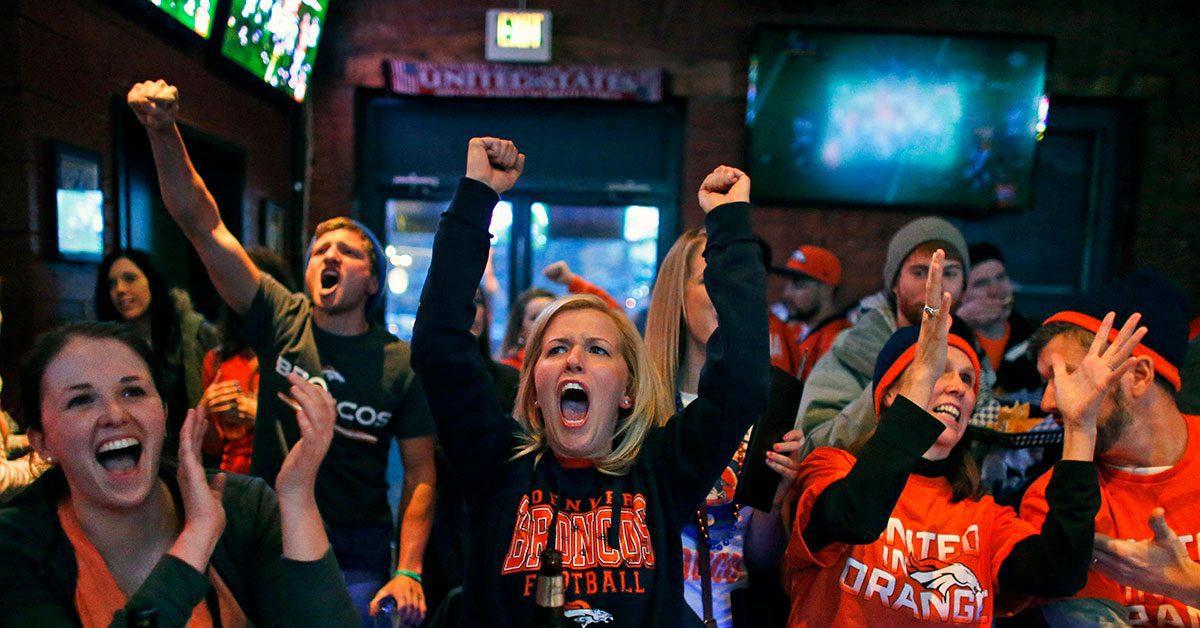Subscribe to our newsletter
We'll send you bets and resources to help you profit
Betting Exchanges Explained: Breaking Down Betting Exchange Terms
AP Photos
What Are Betting Exchanges?
There are a huge variety of ways that interested individuals can place bets on teams, players, and specific outcomes when it comes to the world of sports betting.
They can, for instance, go to a sportsbook and place a bet directly, or if they’re in certain states, they can utilize an app or an online platform in order to bet with specific sportsbooks. But another, somewhat lesser-known way to place bets is through a betting exchange.
If you haven’t used a betting exchange before, they exist to allow bettors to bet against each other directly, rather than the book or house. So rather than an individual betting against the odds available at their nearest sportsbook, they’re betting against a separate individual who is taking the opposite result in that offered bet.
In a way, it’s a bit similar to the stock market — two individuals engaged in a transaction, where one of them is selling a stock and the other is buying that stock to exchange shares in a company. But instead, it’s betting between individuals that are being brokered at the best possible prices by an organization like Prophet Exchange.
Because betting exchanges are a less traditional avenue for placing bets than many are used to, there are certain terms and concepts that are important to understand.
Betting Exchange Terms to Know
Liquidity
When utilizing a betting exchange, you will see how much existing liquidity is available on each line.
Liquidity is representative of the maximum bet that you can place to have someone immediately take your bet. You don’t need to bet at the maximum available amount of that indicated liquidity, but it’s a guideline for how high of a bet you can place to immediately have someone matched with you for the opposite result of your bet.
If you exceed that liquidity amount, a betting exchange will place the unmatched (or partially matched) piece of your bet as a separate stake for other users to bet against.
Partially Matched Bets
As noted above, if a bet is not fully matched (either due to a user exceeding the maximum listed liquidity or due to another user simply wishing to not match the bet in whole), that’s known as a partially matched bet.
If you see that a user is betting $100 on a specific outcome, and you only want to bet $50 on the opposite outcome, you can partially match their bet, and their remaining $50 bet can either be taken by another user or can be canceled.
Lay Bets
With most sportsbooks, users bet on specific results to occur. When making a lay bet with a betting exchange, a user is instead betting on a specific result to not occur.
If, for instance, a user doesn’t have a good feeling about a specific horse winning a race, but is confident that there are certain horses that will not win the race, they can place a lay bet against those horses winning. They’re betting against a result, rather than for it.
Request On Market
Since odds are not being set on betting exchanges the way they are with sportsbooks, it’s up to users to set the odds for a particular bet. If a market is posted and there is an option to “request” a bet, it means that there is no established liquidity for that market. When a user chooses to request a bet, it establishes liquidity for the market and allows other users to determine if they want to take all or part of the bet.
If an initial bettor establishes a line for the market that a secondary bettor may not agree with, that secondary bettor can also adjust the line or odds and post a separate bet entirely. That way, if other users are more interested in a different line or feel there’s more value to be had, they have options on which bet to take.
Subscribe to OddsJam’s YouTube Channel and Never Miss Out on the Top Plays, Tips and Action!
Lock In Profit
If you play both sides of a bet, you can lock in profit by betting specific odds on a bet with one user, and taking separate odds on the lay bet with a different user. No matter what result occurs, you’re able to ensure that you’re not losing money.
All Green
This is the ideal result if you’re able to consistently lock in profit. To be all green is to ensure that, regardless of your bet outcomes, you’re always making a profit — by taking specific bets and also placing lay bets at different values, a user can ensure that they’re never in the red (or losing money).
Utilizing Betting Exchanges to Maximize Value
While betting exchanges are not the traditional choice for sports betting that many bettors naturally think of, the value and ease of betting that they offer make them hard to beat, and the ability to maximize profit and minimize losses can be hugely appealing to bettors.
In the modern sports betting market, they’re another excellent tool for educated bettors looking to make a profit.
